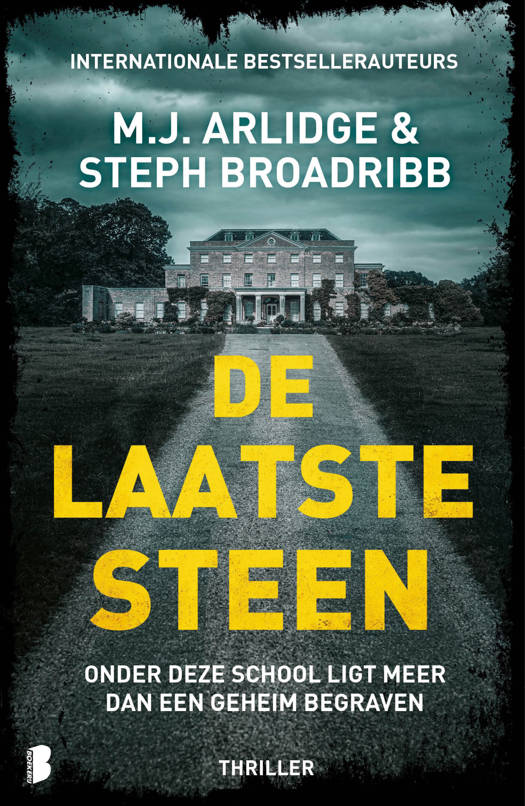
- Afhalen na 1 uur in een winkel met voorraad
- Gratis thuislevering in België vanaf € 30
- Ruim aanbod met 7 miljoen producten
- Afhalen na 1 uur in een winkel met voorraad
- Gratis thuislevering in België vanaf € 30
- Ruim aanbod met 7 miljoen producten
Zoeken
Omschrijving
Operation Dynamo, the successful evacuation of Belgian, British, Dutch, French and Polish troops from the beaches at Dunkirk between 27 May and 4 June 1940, was not only a pivotal moment of the war, but one that changed its final outcome.
There has been much debate in the years since the end of the war concerning the "Hitler Halt" order, which was given to German Panzer units waiting patiently on the outskirts of Dunkirk to be allowed to finish the job they had started. Many theories have been put forward as to the reasons behind this, but the consequence was that it allowed Britain to remain in the war.
A total of 338,226, British and Allied troops were rescued from the beaches of Dunkirk, aboard a total of 861 vessels, of which 243 were sunk. For those left behind, official figures record that up to 80,000 French and British troops were captured, whilst during the time of the actual evacuation, somewhere in the region of 16,000 French and 1,000 British soldiers were killed.
Equipment wise British forces left behind somewhere in the region of 90,000 rifles, 11,000 machine guns, huge supplies of ammunition, 880 field guns, 310 large calibre artillery pieces, 500 anti-aircraft guns, 850 anti-tank guns, 700 tanks, 45,000 cars and lorries, and 20,000 motor cycles - enough equipment to arm nearly ten divisions of soldiers.
It is known that two atrocities took place during the Battle of Dunkirk: the Massacre at Le Paradis, and another at Wormhoudt, carried out by Waffen- SS soldiers, against British and French troops who had already surrendered.
Although the Battle of Dunkirk must ultimately go down tactically as a German victory, the rescue of so many of its men, ensured that like a phoenix, Britain rose from the ashes of defeat to gain a great and lasting victory.
There has been much debate in the years since the end of the war concerning the "Hitler Halt" order, which was given to German Panzer units waiting patiently on the outskirts of Dunkirk to be allowed to finish the job they had started. Many theories have been put forward as to the reasons behind this, but the consequence was that it allowed Britain to remain in the war.
A total of 338,226, British and Allied troops were rescued from the beaches of Dunkirk, aboard a total of 861 vessels, of which 243 were sunk. For those left behind, official figures record that up to 80,000 French and British troops were captured, whilst during the time of the actual evacuation, somewhere in the region of 16,000 French and 1,000 British soldiers were killed.
Equipment wise British forces left behind somewhere in the region of 90,000 rifles, 11,000 machine guns, huge supplies of ammunition, 880 field guns, 310 large calibre artillery pieces, 500 anti-aircraft guns, 850 anti-tank guns, 700 tanks, 45,000 cars and lorries, and 20,000 motor cycles - enough equipment to arm nearly ten divisions of soldiers.
It is known that two atrocities took place during the Battle of Dunkirk: the Massacre at Le Paradis, and another at Wormhoudt, carried out by Waffen- SS soldiers, against British and French troops who had already surrendered.
Although the Battle of Dunkirk must ultimately go down tactically as a German victory, the rescue of so many of its men, ensured that like a phoenix, Britain rose from the ashes of defeat to gain a great and lasting victory.
Specificaties
Betrokkenen
- Auteur(s):
- Uitgeverij:
Inhoud
- Aantal bladzijden:
- 176
- Taal:
- Engels
- Reeks:
Eigenschappen
- Productcode (EAN):
- 9781526738691
- Verschijningsdatum:
- 3/12/2021
- Uitvoering:
- Paperback
- Formaat:
- Trade paperback (VS)
- Afmetingen:
- 188 mm x 244 mm
- Gewicht:
- 498 g

Alleen bij Standaard Boekhandel
+ 41 punten op je klantenkaart van Standaard Boekhandel
Beoordelingen
We publiceren alleen reviews die voldoen aan de voorwaarden voor reviews. Bekijk onze voorwaarden voor reviews.











